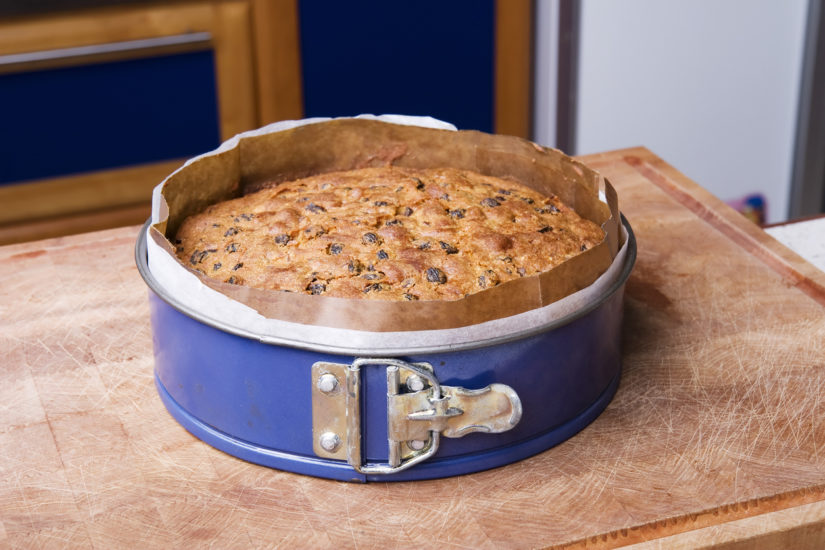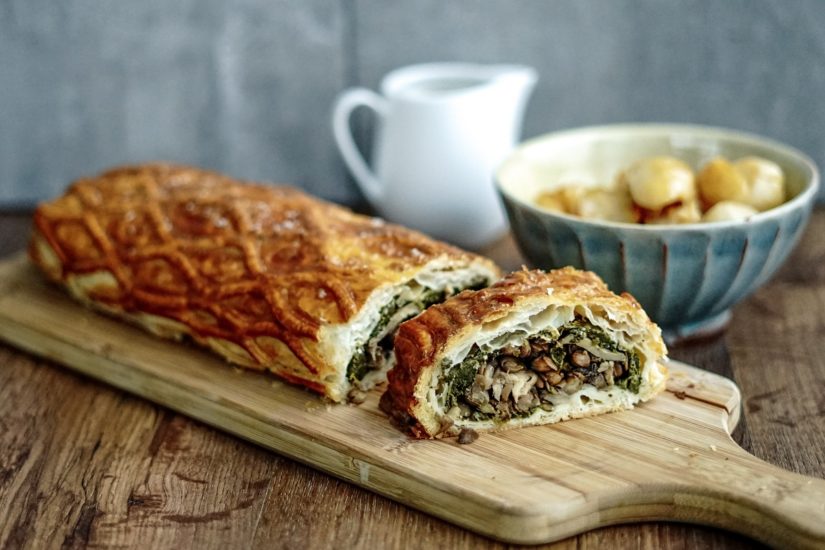
Summer is here, and the sunshine and warmer weather draws us back out into the garden.
According to the authors of “Physical Intelligence” — a new wellbeing book which aims to help us “achieve more, stress less and live more happily” — just being outdoors has countless benefits for our peace of mind.
Here, Claire Dale and Patricia Peyton share their tips for boosting your well-being.
Calming Mindfulness, Meditation and Breathing Exercises
Sit quietly in the garden and focus on your breathing for 10 minutes.
As you read this sentence, become aware of your breathing. Is it fast or slow, shallow or deep? Try this exercise to power your brain and stabilise your emotions:
- While seated, ground yourself and exhale all the way out.
- Relax abdominal muscles; breathe in and out using your diaphragm.
- If you feel lightheaded, use less effort and let the breath happen more naturally.
- Find a smooth, consistent flow.
- Measure the length of each breath by counting quietly in the back of your mind.
- Achieve a steady rhythm of in and out breaths, ideally with a longer out breath to dispel carbon dioxide from lungs.
You now have the most powerful tool available to manage challenging situations.
Mindfulness and meditation boost serotonin, which is essential for the immune system. It can also bring deep-seated confidence and happiness.
Meditation is a simple technique for recovery and bounce-back from stress. You can use a mindfulness app to help you get started.
Fruit and Veg – Nature’s Larder For Optimum Health
Dark green, leafy vegetables, peas and beans can easily be grown in your garden. And they are brilliant for you!
They contain iron, vital for the production of haemoglobin in red blood cells, and transportation of oxygen around the body.
Asparagus, potatoes and tomatoes are also winners. They contain minerals such as potassium and magnesium, vital for muscle action and cardiovascular health.
Apples and carrots are high in the amino acid tyrosine. Research from Leiden University in the Netherlands in 2014 shows that tyrosine significantly improves thinking.
Raspberries, carrots and sweet potatoes are full of antioxidants, which are believed to play a role in preventing the development of chronic diseases such as cancer, heart disease, stroke, Alzheimer’s, rheumatoid arthritis and cataracts.
Spending time in an allotment can help you relax and unwind.
So if you have the space, why not create your own little patch of veggie goodness?
For more tips on improving your wellbeing, click here to visit our health pages.





